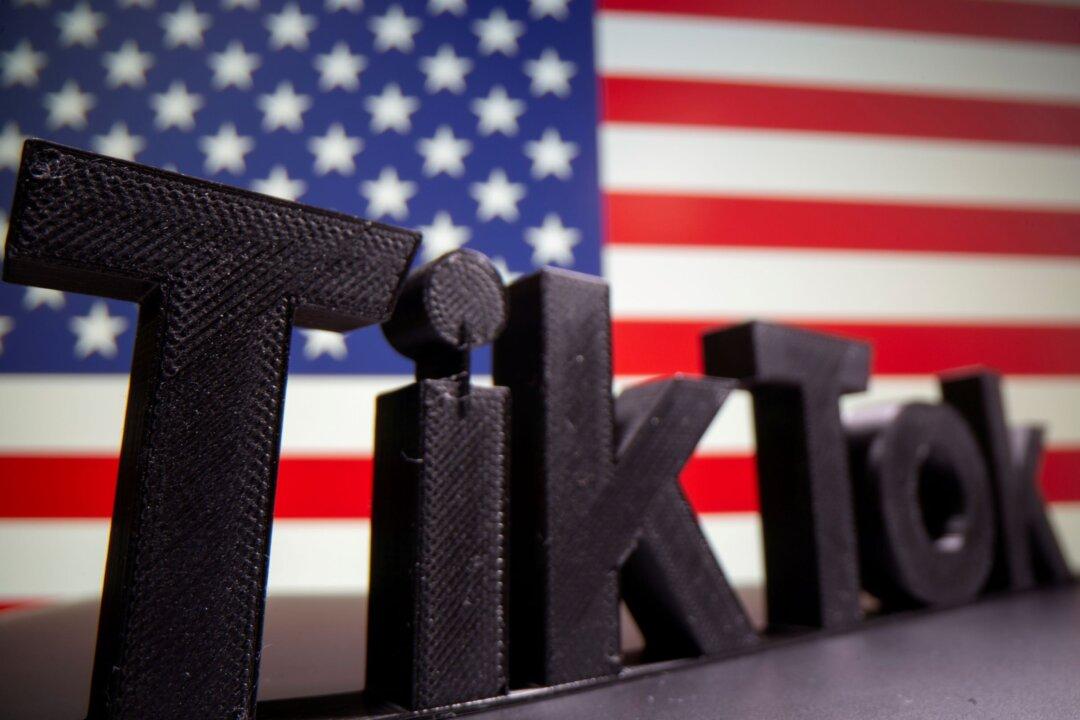Commentary
China’s social media platform TikTok just changed its privacy policy to allow the collection of American biometric data, such as facial and voice recognition, and potentially fingerprint data as well. The company, which caters to youth ages 13 to 24, can already collect prodigious amounts of information on its hapless users, including name, age, location, social media connections, filenames, and clipboard data.





